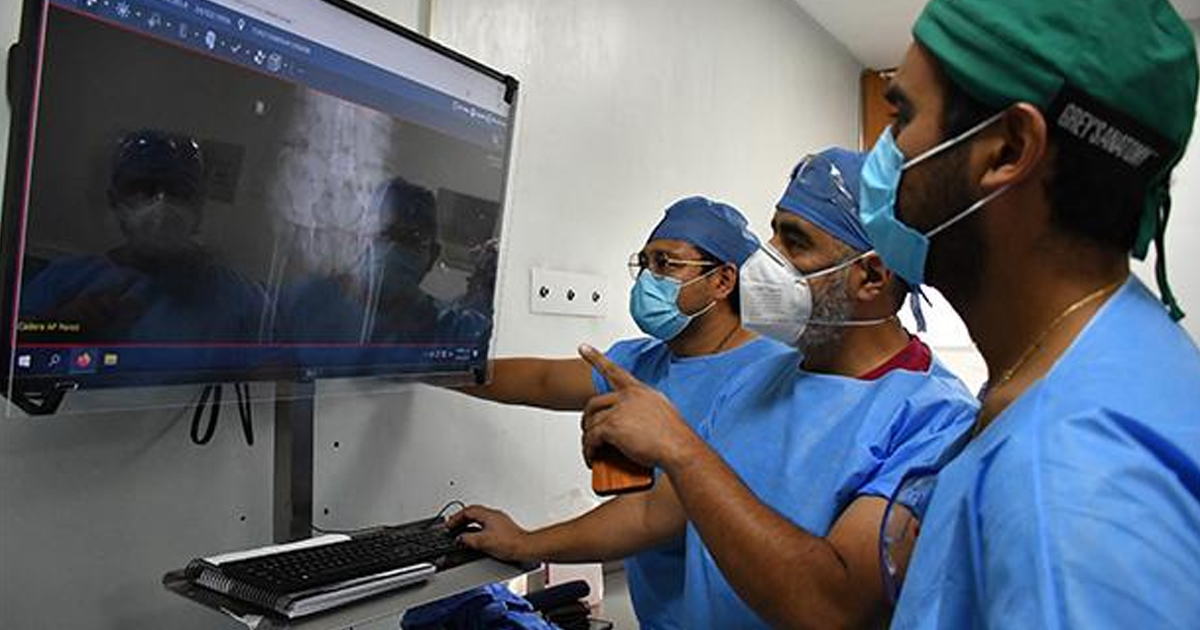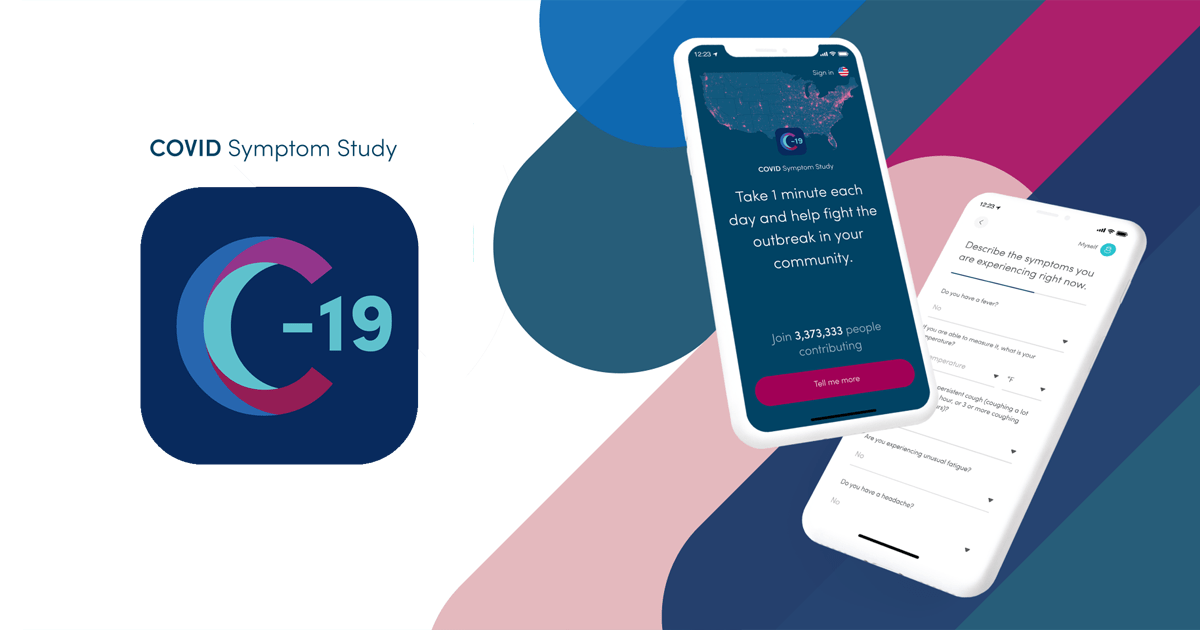Specialists from the Inter-American Development Bank (IDB), consider that the countries of the Latin American and Caribbean region have a unique and also necessary opportunity to enhance the digital transformation in their health systems.
The IDB recently published the document entitled "The Great Opportunity for Digital Health in Latin America and the Caribbean", in which it details the progress of the digital transformation in health as a result of the global health emergency. For example, sectoral plans such as the Plan of Action for Strengthening Information Systems for Health (IS4H) 2019-2023 of the Pan American Health Organization, advances in the implementation of electronic medical history (EHR) in countries such as Uruguay or Costa Rica, among others.
In this sense, the document retrieves relevant data on the digital transformation and the aspects that show progress in Latin America and the Caribbean, as well as the terms that remain behind. For example, only 11 countries in the region have legislation that defines and validates the EHR and only 14 of the 26 countries analyzed in the document have a Digital Health strategy.
In this sense, the IDB explains that there are two paths to digital transformation. The first, the adoption of digital tools without a comprehensive vision, but rather to solve immediate problems. Or the second option, which seeks to strategically incorporate technologies, processes and specific skills to the needs of each region.
The document details the three main reasons that hinder the digital transformation of the health sector, first the confidentiality of the data, second, the multiple types of information that must be unified (diagnoses, prescriptions, laboratory tests, among others) and third, the systems that work in isolation and are centralized.
To overcome the challenges presented by digital transformation, the IDB fosters collaboration in four specific areas:
- Alignment with regional and global partners;
- the use and contribution to existing knowledge platforms and repositories;
- support and contribution to networks and communities of practice in the region to continue learning together;
- and collaboration with the private sector.

Regarding the first area, the BIT has strengthened its collaboration with PAHO for the development of standards required for digital transformation in the region, as well as for the development of regional policies. Regarding the third area, the IDB has recognized the work of specialized centers and networks of Digital Health, such as the Italian Hospital of Buenos Aires, the American Network of Cooperation on Electronic Health (RACSEL), among others.
The document explains that, in order to begin the path towards the creation or development of a digitization strategy, it is necessary to carry out an exercise on the desirable characteristics of the health system being evaluated. For example, the most important aspects could be formulated following quality, efficiency and equity. In addition, the document asks the following questions: how do you imagine health services in a better future? And what happens in that ideal scenario?
To carry out this evaluation, the IDB and PAHO developed the following diagnostic tool: https://socialdigital.iadb.org/es/sph. Likewise, an adequate diagnosis must evaluate six key dimensions in the process of digital transformation: governance and management, people and culture, informed health policy and practice, infrastructure; infostructure and applications and digital services of the sector.
The IDB developed a dynamic for the construction of a Digital Health roadmap, framed as a "digital house":
- Informed Health Policy and Practice: Secondary use of information for decision making; Inclusive and equitable digital health; and Improved efficiency and quality of care for individuals and populations.
- people and culture: digital patient; Change management; and Digital Health Team
- Applications and digital services of the sector: Clinical and administrative information systems; Surveillance, epidemiology and public health systems; telehealth systems and apps; Information systems in support areas for clinical management; and Digital route of the patient in the health ecosystem
- Governance and management: Leadership, national strategy and budget; Regulatory framework and standards; and Digital Architecture and Data Governance
- Infostructure: Health data registries and repositories; Interoperability of the health ecosystem; Terminologies and national catalogues; and Privacy and security of health information
- Infrastructure: ICT infrastructure and equipment and IT governance framework ICT management, support and operation system
“This dynamics of building the house will determine the dependencies of the actions, the implementation times of the DT and its start-up. Next, the dynamic requires dividing the course of action into phases to start the budgeting process and identify sources of financing to carry out the different tasks,” the document explains.
To conclude, the authors added the following: “Several countries in the region have shown that success is possible. Despite the current complex socioeconomic situation, the countries must build on the advances and give priority to the TD of the sector, to incorporate it into the digital age, ensuring that the present and future health systems do not replicate the prolonged failures of the past. This starts by focusing, not on the kinds of technologies you want to build, but on the kinds of societies you want to build."
You can consult the full document at the following link:






